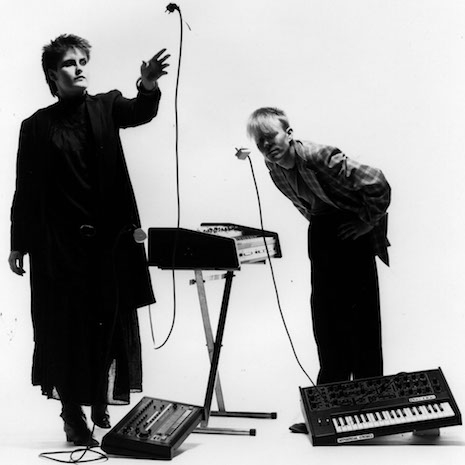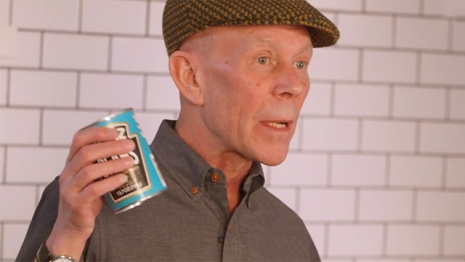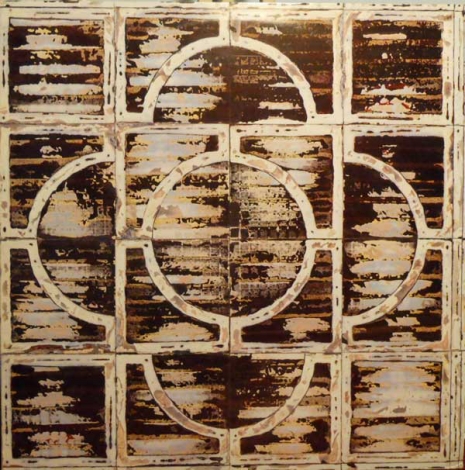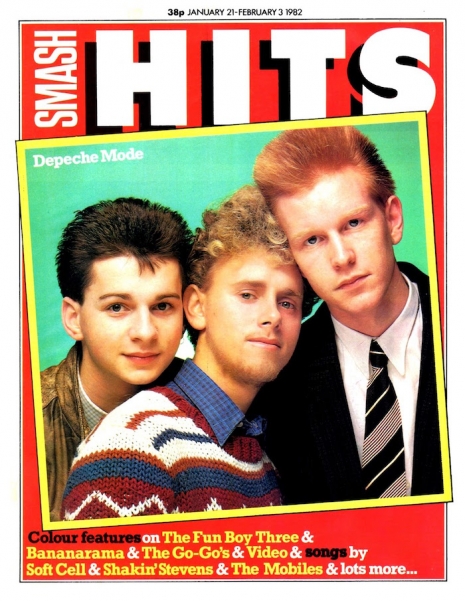
Thirty-five years ago a band called Yazoo (Yaz in the US for legal reasons) released their debut single “Only You.” It was a big hit reaching #2 in the UK charts. The song could be heard everywhere that spring. Unfortunately, I first heard it being tunelessly whistled by a friend over breakfast at a local cafe. Still, his lack of musical ability didn’t disguise the song’s immediate hook and I asked him the title of the tune he was murdering? He wasn’t sure, but whatever it was, he liked it. He liked it a lot. Then when I heard it on the radio an hour later, I understood why. Here was an utterly compelling mix of a powerful blues singer with a synthpop backbeat. It should never have worked—but somehow it did, it did exceedingly well.
Yazoo/Yaz consisted of Alison “Alf” Moyet on vocals and Vince Clarke on synthesizer. The band formed in late 1981 after Clarke replied to an advert Moyet posted in Melody Maker looking for a “rootsy blues band.” Clarke had been the founder and chief songwriter at Depeche Mode. He quit that band because he was “fed up.” What with isn’t clear. What’s probable is that Clarke wanted to spend more time in the studio and develop his own unique electronic sound. For whatever reason, Clarke left Depeche Mode after writing most of the band’s first album and their first three hits “Dreaming of Me,” “New Life,” and “I Just Can’t Get Enough.”
It’s a good PR story that Moyet and Clarke didn’t know each other until that fateful ad in Melody Maker, but the truth was they had known of knew each other for quite some time. They both lived in Basildon and had both attended the same weekend music school as kids. Clarke had heard Moyet sing. He was more than impressed. Moyet has an incredible voice. And he was the keyboard wizard who wanted to do something different.
Clarke had the song “Only You.” He had offered it Depeche Mode as a farewell present but his ex-bandmates thought it wasn’t quite right as it sounded like something they’d already heard. They were wrong but it didn’t hamper their meteoric career. Moyet didn’t really like synthpop. Clarke was undeterred. He played her the track. Moyet sang the lyrics. Yazoo was formed.
According to Clarke, when they played “Only You” to Daniel Miller, the head of Mute Records, he seemed disinterested. But when the publishing company gave it a listen, they knew they had a hit. Yazoo was signed. Now a B-side was required. The only track Clarke and Moyet had was “Don’t Go” which was too good a song to fill out a B-side. They quickly recorded “Situation,” which was the first club hit by which Yaz/Yazoo became known in America.
“Only You” was released in spring 1982. It was the first of four singles released by the band over two years. Thousands of doe-eyed lovers swooned. Nightclubbers grooved. Friends tunelessly whistled it. “Don’t Go” followed and then their classic debut album Upstairs at Eric’s which is still one of the best albums of the decade.
Yazoo became Yaz in the States after Blues label Yazoo Records threatened a multi-million dollar lawsuit. They toured North America where they became better known after their 1983 split.
In an interview with Smash Hits in 1982, Moyet said she didn’t really know Clarke. He was uncommunicative and spent most of his time with his girlfriend or in the studio.
“We don’t really see each other until five minutes before the gig…Vincent and I are just basically different people, but we’re very alike in a way. We’re both very set in our ways, in our own beliefs. We get on fine but that doesn’t warrant an out-of-work relationship. He wouldn’t choose me as a friend if we weren’t working together, and I wouldn’t choose him as a friend. We’ve just got different likes and dislikes.”
More on synthpop’s ‘Odd Couple,’ after the jump…









